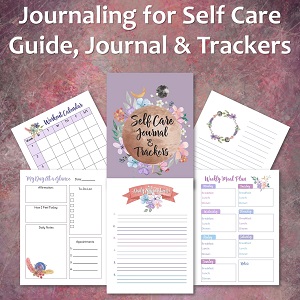 Isolation goes far beyond just feeling lonely and living a life of isolation increases your risk of an early death. Socializing has an important part to play in your health and studies indicate that a poor social network can double your risk of an early death, while others suggest the number is closed to 90% (Social Relationships and Mortality Risk: A Meta-analytic Review; Holt-Lunstad, et al.)
Isolation goes far beyond just feeling lonely and living a life of isolation increases your risk of an early death. Socializing has an important part to play in your health and studies indicate that a poor social network can double your risk of an early death, while others suggest the number is closed to 90% (Social Relationships and Mortality Risk: A Meta-analytic Review; Holt-Lunstad, et al.)
Neither is a number you want to mess with and they are similar to the risks of obesity, a lack of physical fitness, and smoking.
The risk of isolation is real and it can seriously affect a variety of health issues, from alcoholism to mental health breakdown, here are just some of the common issues that isolation causes:
- Isolation can impact your brain much like physical pain does. It’s one of the major contributors to mental health issues and the feeling of belonging isn’t just important for companionship – your life literally depends on it.
- People who live in isolation experience high levels of cortisol, the stress hormone. It reaches abnormal levels early in the morning and never achieves a normal rate for the rest of the day.
- Isolation means a lack of socialization which can result in the breakdown of neurodegenerative function. What does that mean? It increases the risk of dementia. It’s commonly seen in residents of nursing homes as these people are more likely to develop a form of dementia than the elderly who remain with families. Isolation increases the dementia risk by over 60%. On the flip side, developing dementia can cause someone to withdraw socially thus isolating themselves and causing a quicker decline.
- That steep increase in cortisol levels can have catastrophic results on the heart, causing inflammation and damaging blood vessels and tissues. It increases the risk of stroke, heart attacks, and a whole host of cardiovascular issues.
- While short-term inflammation is the body’s reaction to an injury or disease the chronic type also increases the risk of cancer (and heart disease, as mentioned above). For people who are caught up in the trap of isolation and loneliness, an anti-inflammatory medication can help.
- Sleep is important for mental health, but isolation can result in sleep disorders. People who are lonely often have the greatest difficulty with their sleep patterns. They may not have an issue falling asleep, the real issue comes with the quality of sleep they are having, often experiences restlessness. This can also fuel anxiety and depression which then can affect one’s ability to get to sleep. An inability to get to sleep combined with an inability to stay asleep is detrimental to mental and physical health.
- While loneliness is something that we may all experience temporarily, isolation is chronic and it can be fatal. Living alone can increase the risk of an early death (through heart attack, stroke, and a variety of other complications) when compared to people who live in a communal home or with their families. For elderly people who feel isolated or rejected their risk of death increases even when they aren’t living alone.
Sadly, the link between an early death and isolation still exists once other issues, like depression and the living situation, have been ruled out.
We are social creatures so it stands to reason that being isolated from others would contribute to ill health and a lack of mental fitness. This is why it’s vital that we build and maintain social connections now that will carry us through our elderly years.
If you have an elderly member of your family make sure you make time to visit with them to prevent them falling into a life of isolation. If you’re worried about being isolated reach out to someone and break the cycle.




